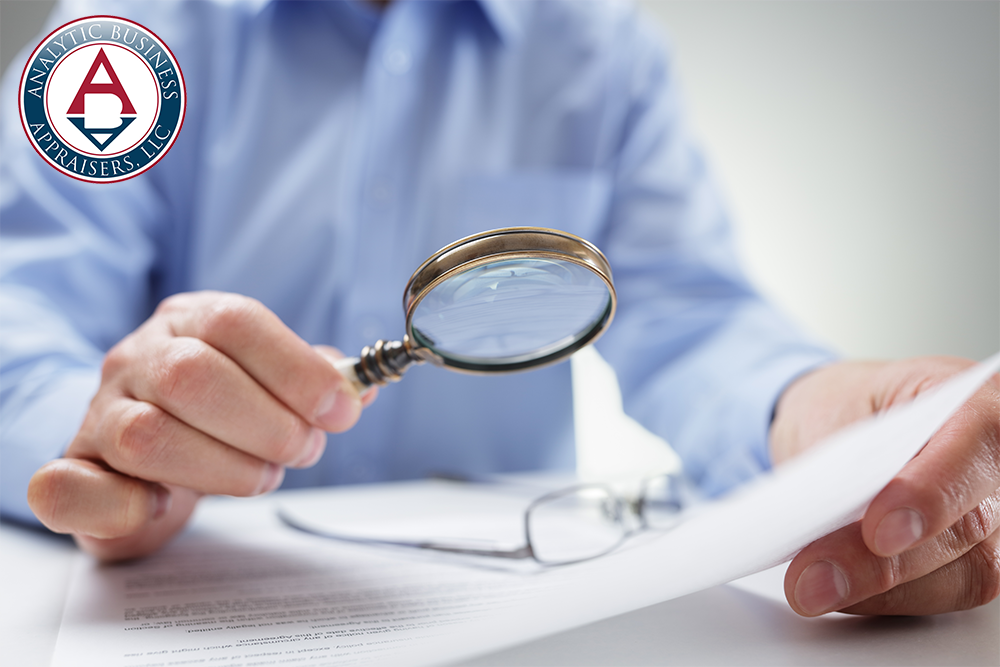Abstract: Fine-tuning financial statements helps a business valuation expert compare the subject company’s performance to the financial performance of similar public or private companies. This article explains normalization adjustments for 1) unusual and nonrecurring items, 2) nonoperating assets, 3) related-party transactions, and 4) accounting norms. Regardless of how an adjustment may be classified, however, professional judgment is essential to ensure meaningful comparisons.
What’s normal?
Normalization adjustments are essential in valuation
Fine-tuning financial statements helps a business valuation expert compare the subject company’s performance to the financial performance of similar public or private companies. In turn, normalization is critical when gauging risk, estimating future earnings, quantifying valuation discounts and selecting guideline comparables to use in the market approach.
Types of adjustments
Normalization adjustments generally fall into four categories:
- Adjustments for unusual and nonrecurring items. These items can temporarily distort earnings on a company’s financial statement. Examples include damages from natural disasters, litigation costs, insurance proceeds, and gains or losses from the sale of assets.
Under U.S. Generally Accepted Accounting Principles (GAAP), such items can be presented on financial statements within income from continuing operations or disclosed in notes. This can make them more difficult for an expert to identify and adjust for.
- Adjustments for nonoperating assets. These assets aren’t necessary to a company’s ongoing operations. Examples include certain real property and investments in unrelated companies.
If nonoperating assets aren’t part of a company’s primary business operations, the expert usually will value them separately and add their fair market value to the company’s estimated operating value. To avoid double counting these assets, it’s important also to adjust the company’s income statement for any income generated by a nonoperating asset and any expenses associated with it.
- Adjustments for related-party transactions. Privately held corporations may pay shareholders inflated salaries in lieu of dividends — because dividends aren’t tax deductible for the company, but compensation is. Compensation also can be used to disguise otherwise taxable gifts to family members or manipulated to reduce payroll taxes. And low- or no-interest loans to employees may in fact represent compensation. Experts adjust for differences between the amounts paid to related parties and amounts that would normally be paid to third parties for similar goods or services rendered.
- Adjustments for accounting norms. Smaller private companies might not adhere to U.S. GAAP or other industry-standard accounting methods. For example, public companies that follow GAAP might account for inventory, depreciation, intangible assets and bad debts using different methods than a smaller private business in the same industry would. To ensure meaningful comparisons with guideline companies, an expert might need to adjust the subject company’s financial statements based on conventional accounting practices.
Professional judgment
Normalization adjustments require professional judgment, based on your expert’s knowledge of financial reporting, taxes and relevant market data. Qualified business valuation experts can explain why specific adjustments are needed and how to adjust the subject company’s performance to better align it with the comparables.
© 2018






